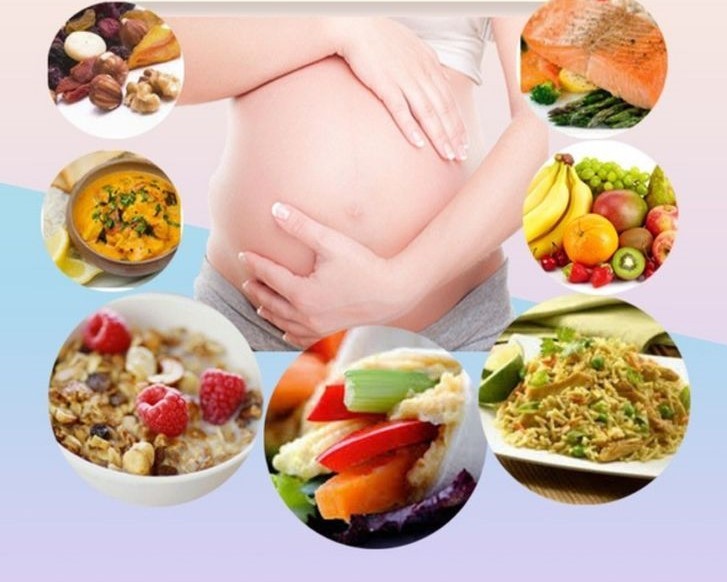Welcome to Currae Hospital’s comprehensive guide on diet care during pregnancy. Pregnancy is a remarkable journey filled with excitement and anticipation, and maintaining a healthy diet is essential for the well-being of both the mother and the developing baby. In this guide, we’ll delve into the importance of proper nutrition during pregnancy, providing valuable insights, tips, and guidelines to ensure a nourishing experience for expectant mothers.
Understanding the Importance of Nutrition During Pregnancy
During pregnancy, a woman’s nutritional needs undergo significant changes to support the growth and development of the fetus. Proper nutrition plays a crucial role in reducing the risk of complications and ensuring optimal outcomes for both mother and baby. Key nutrients such as folic acid, iron, calcium, and omega-3 fatty acids are particularly vital during this time.
Building a Balanced Pregnancy Diet
A balanced pregnancy diet should include a variety of nutrient-dense foods from all food groups. Fruits, vegetables, whole grains, lean proteins, and dairy or dairy alternatives form the foundation of a healthy prenatal diet. Incorporating foods rich in folic acid, such as leafy greens and citrus fruits, can help prevent neural tube defects. Similarly, iron-rich foods like lean meats and legumes support the increased blood volume during pregnancy.
Hydration and Pregnancy
Staying hydrated is crucial during pregnancy, as adequate water intake supports the body’s functions and helps prevent common discomforts such as constipation and urinary tract infections. Pregnant women should aim to drink plenty of water throughout the day and limit caffeinated beverages, which can contribute to dehydration.
Foods to Avoid During Pregnancy
Certain foods pose a higher risk of foodborne illnesses during pregnancy and should be avoided or consumed with caution. Raw or undercooked meats, unpasteurized dairy products, and certain types of fish high in mercury should be avoided to reduce the risk of harm to the developing baby. Additionally, deli meats should be heated until steaming hot to minimize the risk of listeria contamination.
Tips for Managing Pregnancy Discomforts Through Diet
Pregnancy can bring about various discomforts such as nausea, heartburn, and food aversions. Eating small, frequent meals and avoiding spicy or greasy foods can help alleviate symptoms of heartburn. Ginger tea or small snacks like crackers can provide relief from nausea. It’s essential to listen to your body’s cues and make dietary adjustments as needed to manage discomforts effectively.
In conclusion, maintaining a healthy diet during pregnancy is paramount for the well-being of both the mother and the baby. By prioritizing nutrient-dense foods, staying hydrated, and avoiding potentially harmful foods, expectant mothers can support a healthy pregnancy and give their baby the best start in life. For personalized guidance and support throughout your pregnancy journey, consult with the experts at Currae Hospital.





